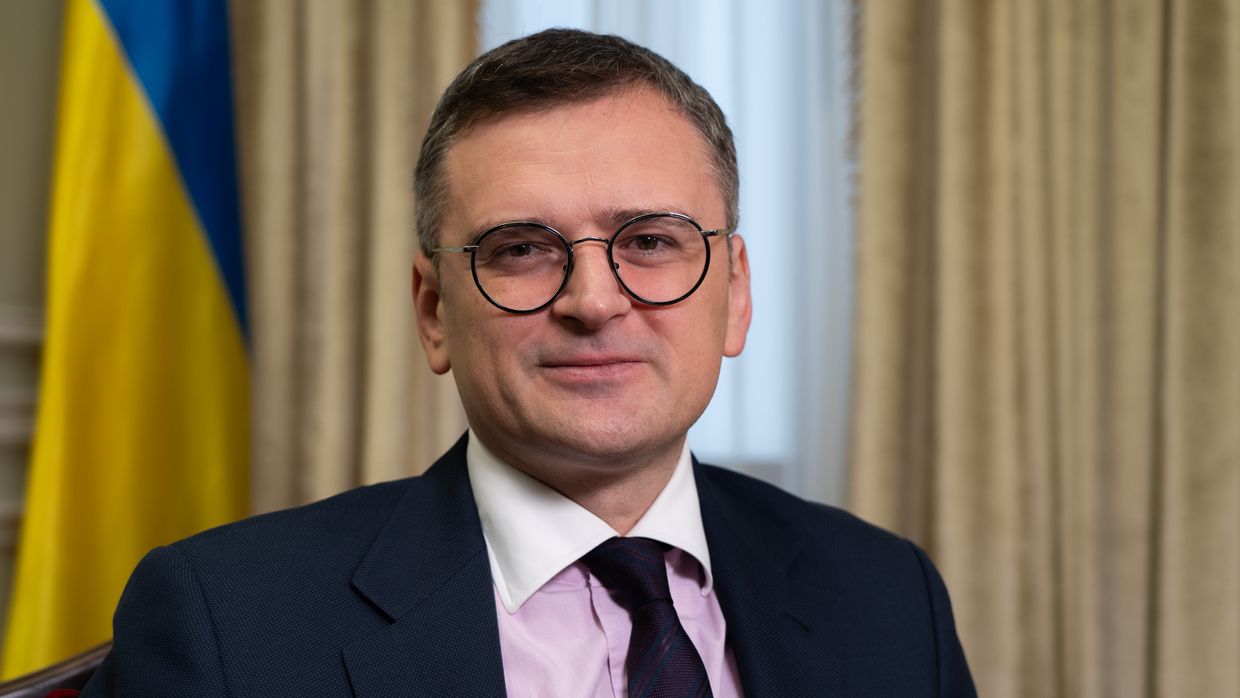Kuleba: Allies not pushing Ukraine to start talks on freezing war

Ukraine's allies are not pushing Kyiv to start negotiations with Russia on freezing the war, Foreign Minister Dmytro Kuleba said in an interview with the Spanish newspaper El Pais published on Jan. 8.
"Our allies are not asking us to start talks with Russia in order to freeze the war - neither when we meet (Western) delegations nor at closed meetings," he said. "Those who suggest a frozen conflict argue that they are acting in the best interests of Ukraine and the world, but in reality they are helping (Russian dictator Vladimir) Putin and ignoring what today's Russia is."
The New York Times reported in late December that Putin was supposedly signaling behind closed doors that Russia would be open to a ceasefire along the current frontline. Ukrainian and Western leaders have repeatedly said that they do not believe Russia is interested in good-faith peace negotiations.
Kuleba also said that "between 2014 and 2022 (after Russia's first invasion of Ukraine and subsequent Donbas war) we held almost 200 rounds of talks with Russia, which was already a de facto frozen conflict."
He added that Putin is not interested in a frozen conflict or peace with Ukraine.
Kuleba also said he is confident that the EU will be able to provide Ukraine with the $54 billion fund blocked by Hungary in December but added that there is no "plan B" without it.
Hungarian Prime Minister Viktor Orban blocked a 50 billion euro ($54 billion) EU fund for Ukraine at a summit in December. The European Council is set to meet on Feb. 1 to again discuss the funding package, which was supported by all EU members besides Hungary.
Kuleba said that he was confident a positive decision would be made in February, but added that "there is a clear understanding and unanimity among 26 members, all but Hungary, that this aid will be provided in one form or another."
When asked if Ukraine has a backup plan in case the package is blocked, Kuleba said that there is no plan B, but emphasized that "we have to put all the energy and intellectual power in one thing: make plan A work."
Kuleba made similar comments on Jan. 3 about the stalled $61.4 billion aid package from the U.S. that has become mired in domestic political infighting.
At the December summit, the European Council also voted to begin talks on Ukraine's accession into the EU.
Kuleba said that Ukraine will not "accept any quasi-membership, suspended membership or any plan B membership," but acknowledged that there are steps in the process, and accession does not necessarily immediately imply membership to the Schengen zone or Euro-zone.













